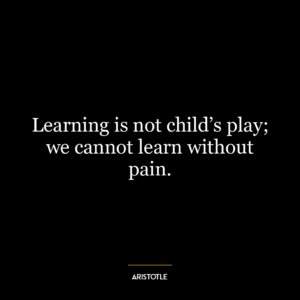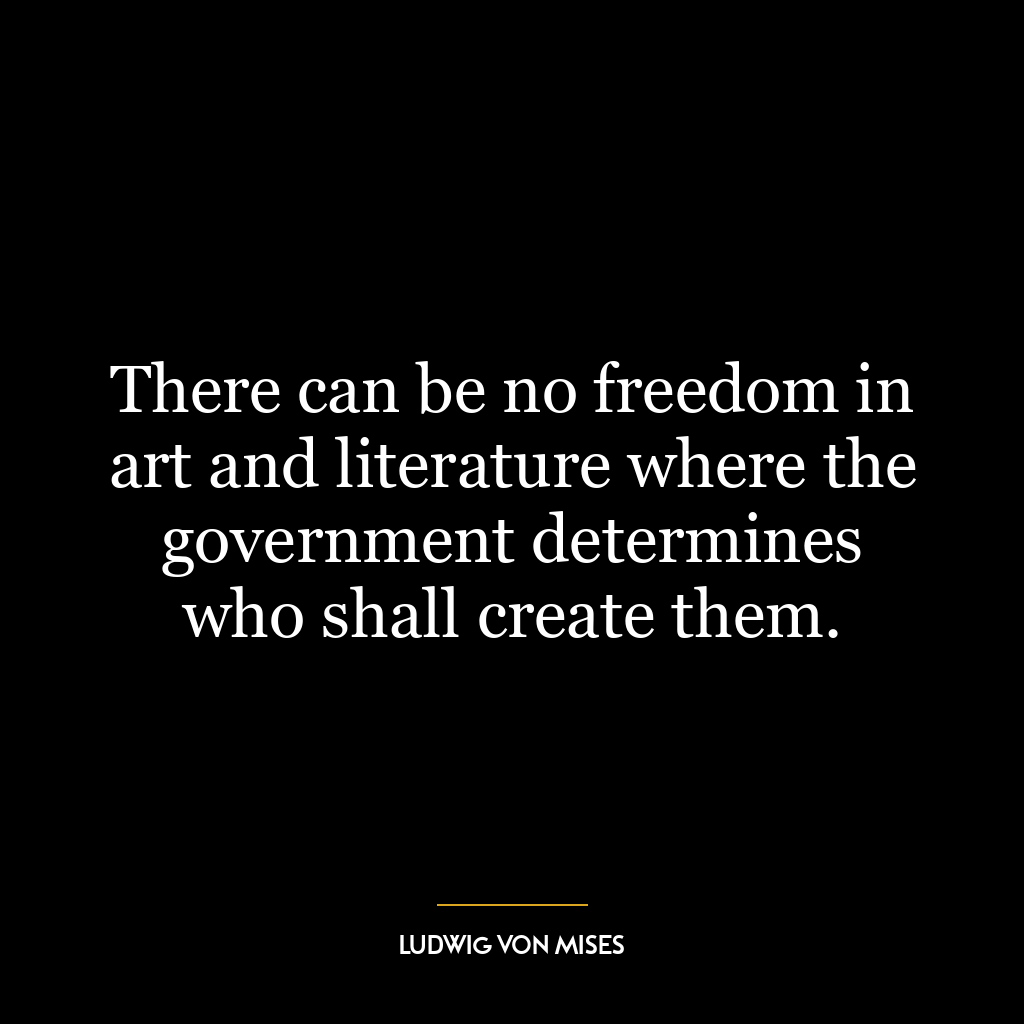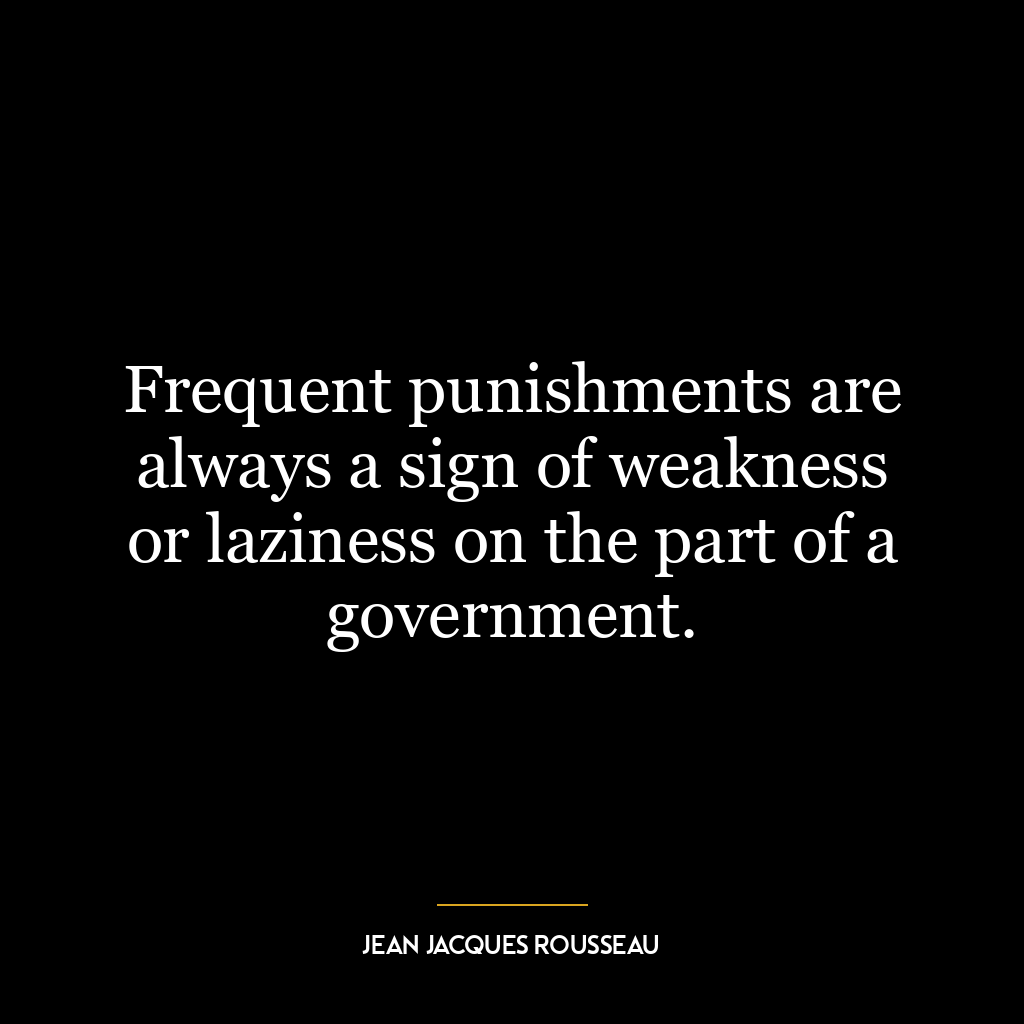This quote implies that the effectiveness of a good government is not only determined by the quality of its laws, but also by the degree of obedience and adherence to these laws by its citizens. Simply put, even the best laws are useless if they are not followed. A good government, therefore, is a combination of well-crafted laws and a populace that respects and adheres to these laws.
This concept can be viewed from two perspectives. First, it underscores the importance of citizen participation and responsibility in governance. It is not enough for a government to create good laws; citizens must also play their part by obeying them. This is crucial in maintaining order and stability in a society.
Second, it highlights the role of the government in ensuring that its laws are obeyed. This involves not only enforcing the law but also creating an environment where obeying the law is seen as both necessary and beneficial. This can be achieved through public education, fair enforcement, and ensuring that the laws themselves are just and reasonable.
In today’s world, this idea is more relevant than ever. For instance, in the context of the global pandemic, governments worldwide have enacted numerous laws and guidelines to curb the spread of the virus. However, the success of these measures largely depends on the public’s willingness and commitment to adhere to them.
On a personal development level, this concept can be applied to self-discipline and personal rules. You can create the best personal development plan, but without commitment and adherence, it is unlikely to yield any results. The ‘laws’ or rules one sets for oneself – like regular exercise, healthy eating, or continuous learning – constitute a ‘good government’ of self only when they are obeyed.















